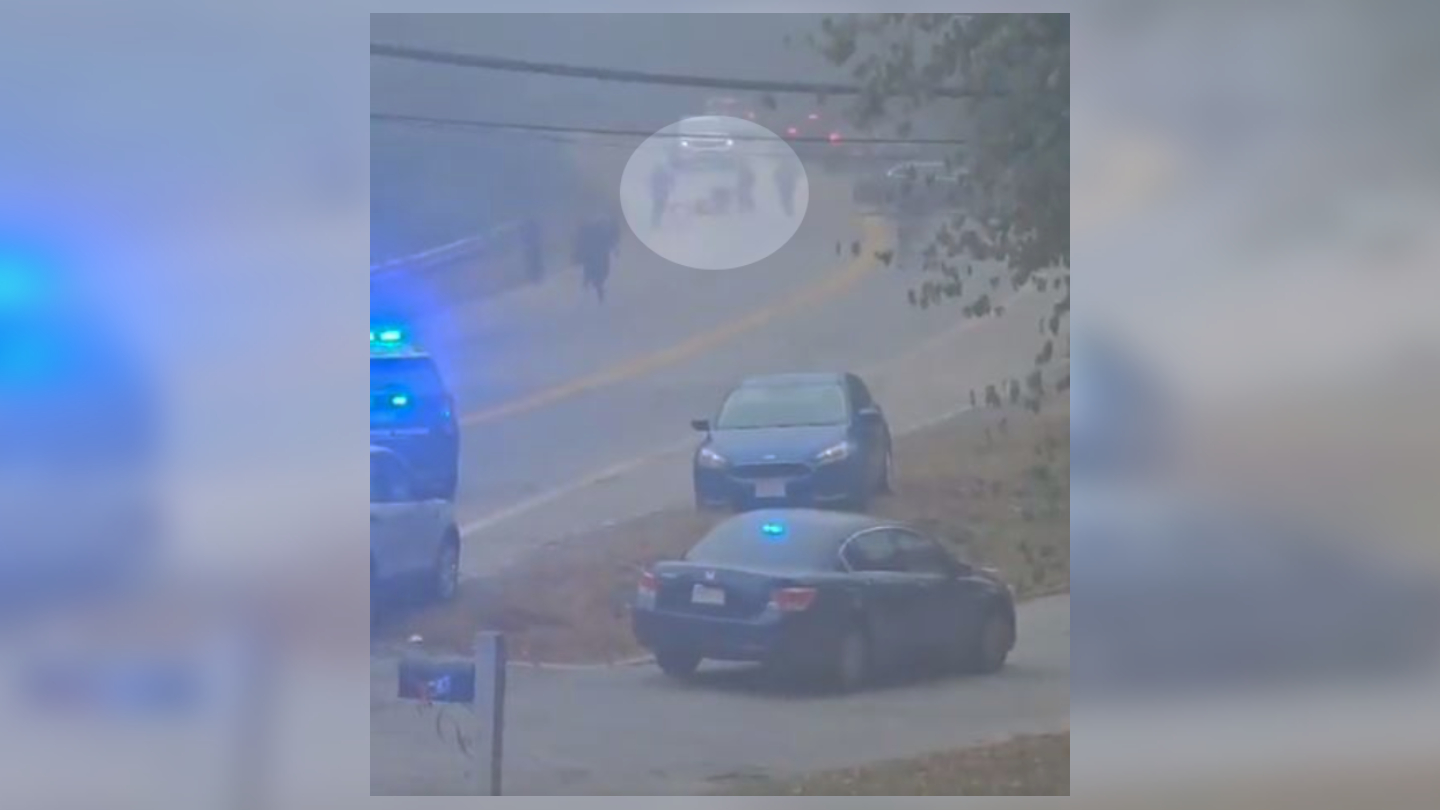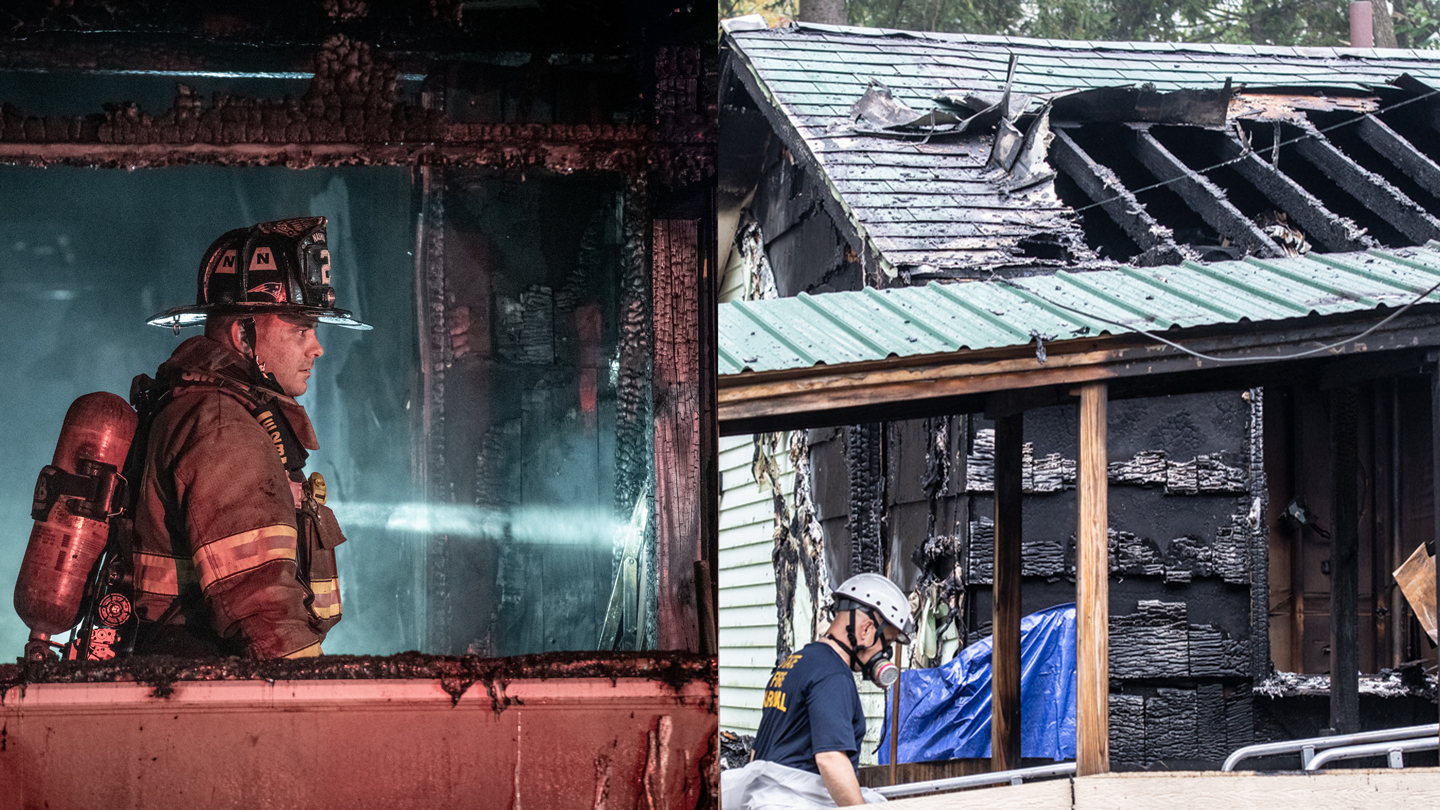The U.S. Attorney's Office for New Hampshire announced Thursday that 15 people have been indicted in connection with a major drug trafficking operation based out of Lawrence, Massachusetts.
Nine of the defendants were arrested over the past two days on conspiracy to distribute fentanyl and cocaine, and two others were already in custody, serving prison sentences in New Hampshire and Massachusetts. Another defendant died just days after the indictment was issued, and the remaining three are still at large.
The following defendants are already in custody:
- Yonathan Elias Baez-Santos, 22, of Methuen, Massachusetts
- Candido Armando Diaz-Fernandez, 30, Dedham, Massachusetts
- Julio Rafael Mejia-Baez, 23, of Boston, Massachusetts
- Aaron Loew, 44, of Plaistow, New Hampshire
- Benjamin Conkright, 28, of Whitefield, New Hampshire
- Johnnie Boynton, 51, of Littleton, New Hampshire
- Anthony Monbleau, 32, of Brookline, New Hampshire
- Erika Barlow, 32, of Nashua, New Hampshire
- Dylan Painter, 26, of Nashua, New Hampshire
- Elaine Soto-Villar, 25, of Methuen, Massachusetts, was already in custody, serving a Massachusetts state prison sentence for a felony drug conviction
- Cody Stanford, 29, of Pembroke, New Hampshire, was already in custody, serving a New Hampshire state prison sentence for a felony drug conviction
Get Boston local news, weather forecasts, lifestyle and entertainment stories to your inbox. Sign up for NBC Boston’s newsletters.
These three defendants have not yet been apprehended:
- Melvin Villar-Lugo, 25, of Lawrence, Massachusetts
- Felix Manuel Mejia-Gonzalez, 32, of Lawrence, Massachusetts
- Alexander Lechappelle, 26, of Lawrence, Massachusetts
Benjamin Bryant, 33, of Manchester, New Hampshire, was also indicted in connection with the case, but authorities said he died on Sept. 16, three days after the indictment was issued.
According to court documents, the alleged leader of the drug ring used a social media messaging app and other means to coordinate drug transactions with customers in New Hampshire via "runners" in Massachusetts, from October of 2021 through August of 2023.
During their investigation, authorities seized more than one kilogram of fentanyl. The investigation also involved a review of text messages over the social media account managed by the drug ring, which showed more than 14 kilograms of fentanyl negotiated with various large-scale drug dealers in New Hampshire and a gun-for-drug trade.
"What we saw in this case with the New Hampshire customers, they were large-scale drug distributors, individuals that could bring upwards of 14 kilos into the state," U.S. Attorney Jane Young said at a press conference Thursday. "Those are drug traffickers."
"This deadly poison was trafficked into our state and went to communities in the southern tier, including Nashua and Brookline, all the way to the great North Woods," she added.
Young said the investigation is ongoing, noting that a search warrant was just issued Thursday morning, with additional quantities of drugs located in Massachusetts.
"We continue to follow every avenue we can to ferret out these drugs and those that put the drugs into our communities," she said.
Lawrence has been mentioned by many politicians as being a principal supplier of fentanyl. Former President Donald Trump talked about this back in 2018.
"The sanctuary of Lawrence, Massachusetts, is one of the primary sources of fentanyl in six New Hampshire counties," Trump said at the time.
According to a 2017 Dartmouth College study, opioid consumers in New Hampshire said they got most of their drugs from the City of Lawrence.
Lawrence City Councilor Jeovanny Rodriguez says you can't blame just one city if you really want to find a solution, adding that he'd like to see more programs in schools.
"Let's talk about how we can educate our kids to ensure that when somebody talks about drugs, they're able to respond to the situation properly," he said.
Other places mentioned in the study were Lowell, Boston, New York and Connecticut.
Researchers also state that when it comes to prevention and treatment programs, New Hampshire has limited resources.
"We should be looking at the main reason as to why we have a distribution issue throughout the country and also look at possible solutions on how we can help those people consuming drugs," Rodriguez said.
Young reiterates that this work can't be done alone and they'll continue working across state borders with local authorities to dismantle these drug rings.
The investigation was led by the Drug Enforcement Administration in New Hampshire, with assistance from Nashua, Salem, Whitefield, Littleton, Methuen, Lawrence, and New Hampshire and Massachusetts state police.
The charge of conspiracy to distribute or possess with intent to distribute controlled substances carries a sentence of up to 20 years in prison.



